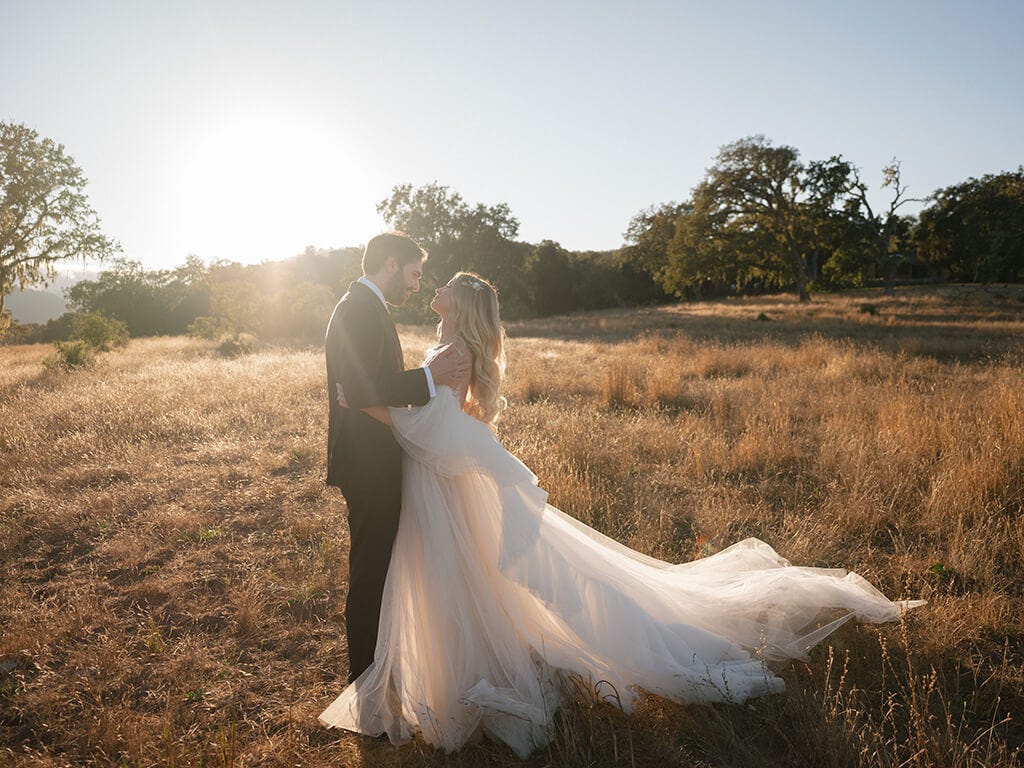On Temptation and Ordered Liberty
The ideas of the American Revolution diverge from Libertarianism in one key respect: the Founders' belief in the fallenness of man.
by Rod D. Martin
February 8, 2014
Our libertarian friends frequently take an "anything goes" approach to public and private morality, asserting that it is not the state's business what an individual chooses to do, particularly so long as it does not directly infringe on someone else's rights.
In most cases that’s correct: for freedom to prosper, the state does indeed have little business regulating it. But “little” isn’t the same as “none”. America's Founders did not seek to establish an "anything goes" standard for freedom: rather, they spoke of "ordered liberty." They were joined by such leading thinkers of their time as Edmund Burke, who believed that "liberty without virtue is the greatest of all evils." They followed the founders of New England, who distinguished between "natural liberty," or the "liberty to evil as well as to good," and "civil liberty," which John Winthrop termed "a liberty to that only which is good, just and honest."
The American system was built on this princi…




